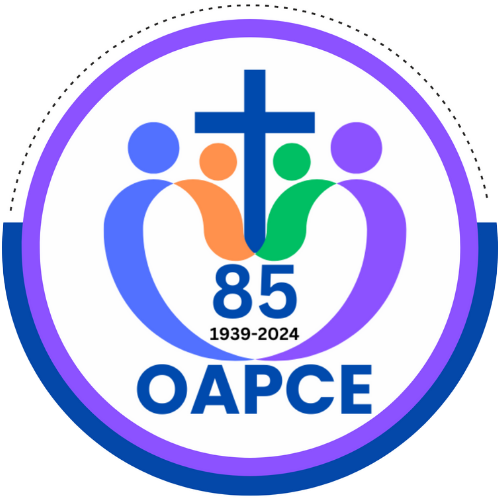Advocating for Catholic Education begins with making your voice heard—and one of the most effective ways to do that is by reaching out to your local Member of Provincial Parliament (MPP). MPPs represent your concerns at Queen’s Park, and hearing directly from constituents helps them understand the issues that matter most to families.
1. Identify Your MPP
Parents can easily find their local MPP by using their home address on the Ontario Legislative Assembly’s “Find My MPP” tool. Each riding has one elected representative, and this is the person responsible for bringing forward your concerns.
2. Choose How You Want to Reach Out
There are several effective ways to contact your MPP. Parents can use one or a combination of the following:
Writing an email is one of the fastest and simplest ways to share your views.
A good advocacy email:
- Introduces you as a parent and a constituent.
- Explains why Catholic Education matters to your family.
- Highlights specific concerns or policies you want to address.
- Politely requests support or action from the MPP.
- Asks for a reply or a meeting.
Phone Call
A brief phone call to the constituency office can be just as powerful.
Parents may speak directly to office staff, who relay messages to the MPP. It’s helpful to clearly state:
- Your name and postal code.
- The reason you’re calling.
- What you hope the MPP will do.
In-Person Meeting
Meeting with your MPP—either at the constituency office or virtually—can have a strong impact.
To request a meeting:
- Send an email outlining what you’d like to discuss.
- Prepare key points or personal stories that illustrate the value of Catholic Education.
- Bring any supporting information (e.g., board updates, research, examples from your school community).
Attend Public Events
MPPs often attend community events, town halls, or local celebrations. These can be opportunities for parents to introduce themselves and briefly share their concerns in a friendly, informal setting.
3. What to Say: Key Message Ideas
When advocating for Catholic Education, parents can focus on messages such as:
- The importance of faith-based learning for their family.
- The strong academic, spiritual, and community benefits they see in their Catholic schools.
- The need to protect publicly funded Catholic Education as a valued part of Ontario’s education system.
- Any specific challenges their school or board is facing (funding, staffing, facilities, etc.).
4. Be Respectful, Honest, and Persistent
Elected officials are more likely to engage when parents communicate respectfully and constructively. Advocacy is most effective when:
- Messages are clear and courteous.
- Parents follow up if they don’t hear back.
- Communities speak up together, encouraging other families to do the same.
5. Encourage Collective Action
Matching individual advocacy with community support can amplify your voice. Parents can:
- Coordinate messages through school councils.
- Join board-wide parent groups or Catholic Education organizations.
- Participate in letter-writing campaigns or awareness events.

